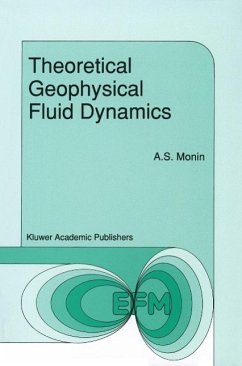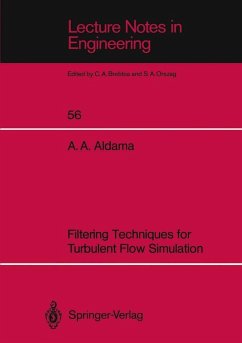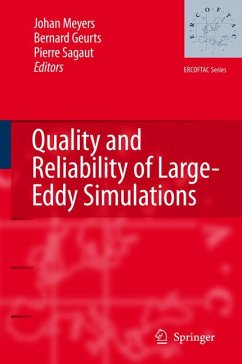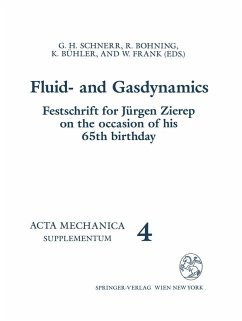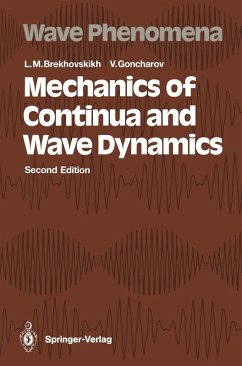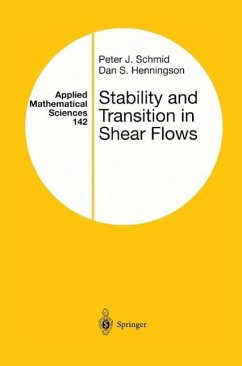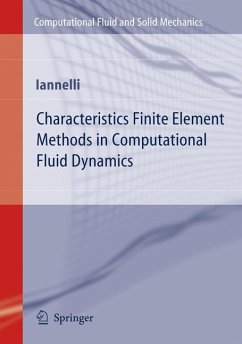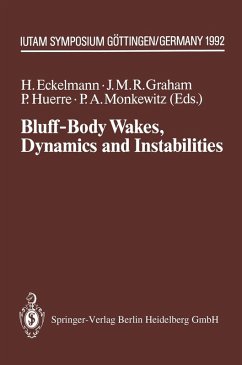
Diffusion and Transport of Pollutants in Atmospheric Mesoscale Flow Fields (eBook, PDF)

PAYBACK Punkte
56 °P sammeln!
In regions as densely populated as Western Europe, prediction of the ecological implications of pollutant transport are important in order to minimise damage in the case of accidents, and to evaluate the possible influence of existing or planned sources. In most cases, such predictions depend on high-speed computation. The present textbook presents a mathematically explicit introduction in eight chapters: 1: An introduction to the basics of fluid dynamics of the atmosphere and the local events and mesoscale processes. 2: The types of PDEs describing atmospheric flows for limited area models, t...
In regions as densely populated as Western Europe, prediction of the ecological implications of pollutant transport are important in order to minimise damage in the case of accidents, and to evaluate the possible influence of existing or planned sources. In most cases, such predictions depend on high-speed computation. The present textbook presents a mathematically explicit introduction in eight chapters: 1: An introduction to the basics of fluid dynamics of the atmosphere and the local events and mesoscale processes. 2: The types of PDEs describing atmospheric flows for limited area models, the problem of appropriate boundary conditions describing the topographical constraints, and well-posedness. 3: Thermodynamics of the atmosphere, dry and wet, its stability, and radiation processes, budgets and the influence of their sum. 4: Scaling and similarity laws for stable and convective turbulent atmospheric boundary layers and the influence of inhomogeneous terrain on the advection and the vertical dispersion, and the method of large eddy simulation. 5: Statistical processes in turbulent dispersion, turbulent diffusion and chemical reactions in fluxes. 6: Theoretical modelling of diffusion and dispersion of pollutant gases. 7: The influence of urban heat production on local climate. 8: Atmospheric inversion layers and lapping inversion, the stable boundary layer and nocturnal inversion.
Dieser Download kann aus rechtlichen Gründen nur mit Rechnungsadresse in A, B, BG, CY, CZ, D, DK, EW, E, FIN, F, GR, HR, H, IRL, I, LT, L, LR, M, NL, PL, P, R, S, SLO, SK ausgeliefert werden.



